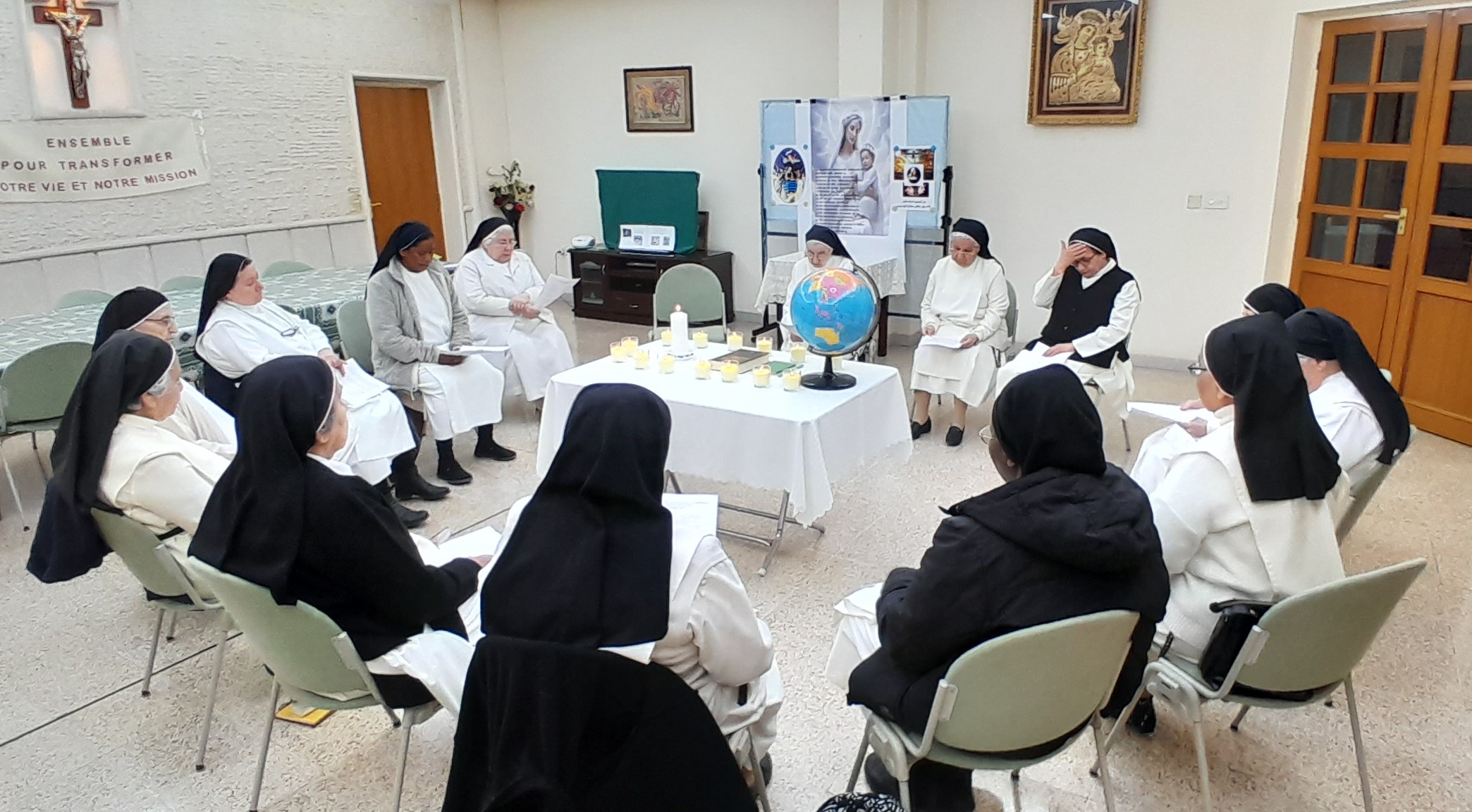Middle East

In the history of the Congregation's presence in the Middle East, the obstacles and problems in sowing the charism were enormous: not only because of differences in men-tality, language, customs, or religious rites but also because of epidemics that decimated the population. Some sisters died, also because of poverty and times of famine; more significantly because of the constant years of violence and barbarism, to the point of carrying out massacres of entire villages. Let us remember that when the Congregation arrived in Mesopotamia, the region belonged to the Ottoman Empire, whose method of government was absolutism.
However, the sisters were and are faithful to the charism of Marie Poussepin in all the missions founded: those in which the Congregation is no longer present, such as Turkey and Syria, or in which we are no longer present as a Vice-Province, such as Jerusalem; and those in which we have been serving for many years: Iraq (1873), Lebanon (1964), Jordan (2007). In them, we find works of education for the youth and care for the sick; the two sides of the charism without distinction of religion, economic level, or social status, but with a preference for the most needy and women. Ali Al Wardi, the great Iraqi sociologist (1913-1995), affirmed that the development of culture in his country is due to the contribution of women and that the Presentation Sisters have formed women in Iraq.
The sisters taught in classrooms without roofs or desks, in small, simple schools or orphanages, and little by little, with the help of numerous benefactors, in moderately equipped schools. There was no lack of human promotion of children, youth, and adults, contributing significantly to the dignity of women.
Download newsletter in PDF



